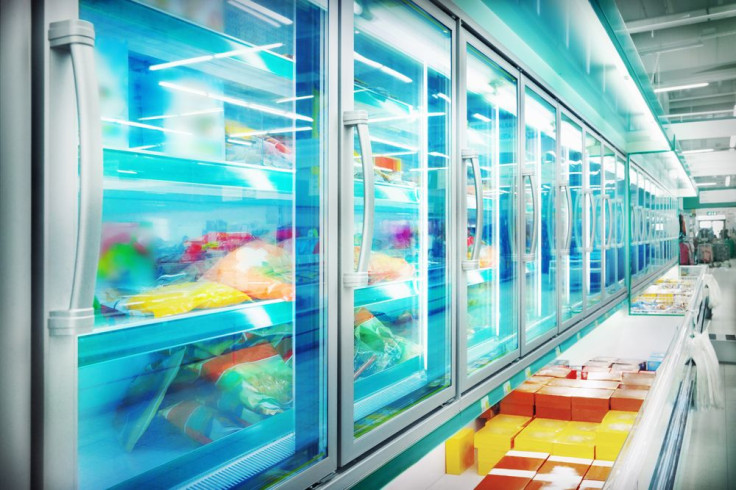Frozen Food Packed With Preservatives, But Offers Less Fat And Fewer Calories

When adopting a healthier dieting plan, people often dismiss prepackaged products found in the frozen food aisle. A pair of studies published this week have found that frozen meals are significantly healthier for us than fast food and that we do not diminish the nutritious value of our fruits and vegetables by freezing them.
In the first study, researchers from the nonprofit organization, Frozen Food Foundation, and the University of California-Davis compared the nutritional value of eight of the most commonly purchased fruits and vegetables, including blueberries, strawberries, carrots, corn, broccoli, green beans, green peas, and spinach. Each fruit and vegetable was frozen — analyzed within 24 hours of harvest and after sitting in a freezer for 10 and 90 days — or fresh-stored — analyzed within 24 hours of harvest and after sitting in a refrigerator for three and 10 days.
Not only was the nutritional value of frozen fruits and vegetables comparable to fresh-stored, but in some cases they were even more nutritious. While water-soluble vitamins in frozen fruits and vegetables, such as vitamin B2 (riboflavin) and vitamin C (ascorbic acid), retained their nutritional value, vitamin E content actually went up. Frozen fruits and vegetables also retained calcium, magnesium, zinc, copper, iron, fiber, and the health-promoting plant compound's total phenolics.
"The study was designed to mimic the quality of produce found at farmers' markets or grown in consumers' backyards," lead researcher Dr. Diane Barrett said in a statement. "The study revealed that in most cases frozen produce is nutritionally equivalent, and often superior, to its fresh-stored counterpart. In particular, the vitamin C content of frozen corn, green beans, and blueberries was significantly higher than their fresh-stored counterparts."
A second study published in the Journal of the Academy of Nutrition and Dietetics compared the nutritional value of frozen meals with items on a fast food menu. People who ate frozen meals consumed around 253 fewer calories and 2.6 less grams of saturated fat per day compared to those who ate fast food. Although frozen meals were healthier than fast food, neither dining option is considered a healthy alternative to a home-cooked meal.
"Freezing is simply nature's pause button," said Kraig R. Naasz, president of the Frozen Food Foundation. "This research adds to a growing body of evidence that supports the important role frozen fruits and vegetables can play to help Americas meet daily intake requirements."
Source: Krumhar K, Comerford K, Fulgoni V. Consumption of Frozen Meals as Compared to Quick Service Restaurant Meals Is Associated with Better Nutrient Intakes in Adult Participants of The National Health and Nutrition Examination Survey (2003-2010). Journal of the Academy of Nutrition and Dietetics. 2014.
Published by Medicaldaily.com



























